Female Prisoners in Emily Brontë’s Gondal Poems
Emily Brontë’s attraction to images and metaphors of imprisonment are fueled by historical precedent and romantic inclination, especially by way of Mary, Queen of Scots.
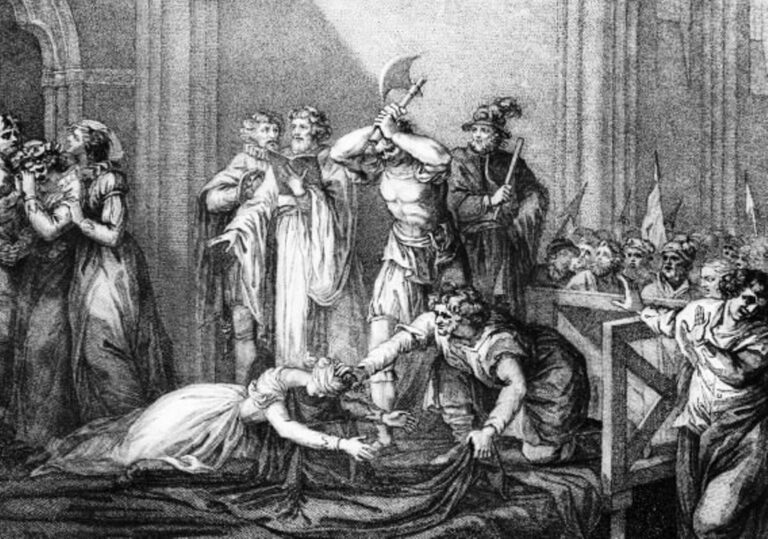
Emily Brontë’s attraction to images and metaphors of imprisonment are fueled by historical precedent and romantic inclination, especially by way of Mary, Queen of Scots.
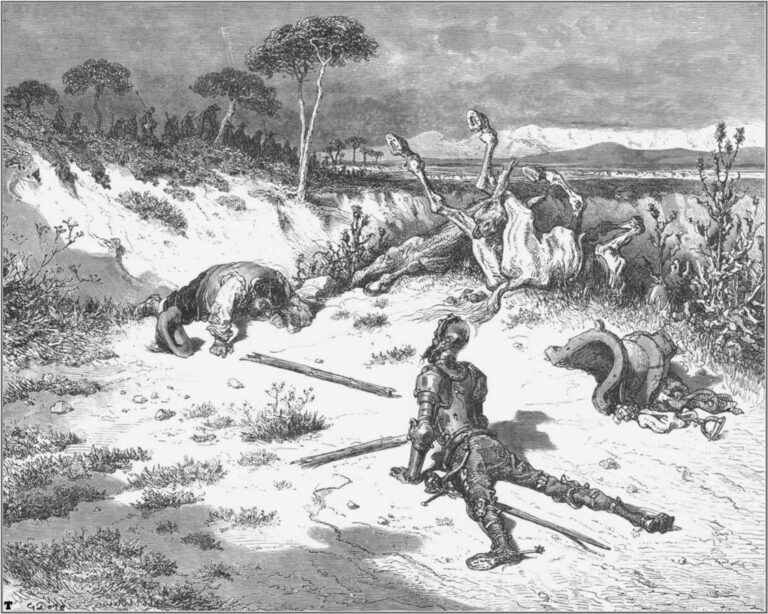
Again and again the story of Don Quixote shows that idealism untethered from reality leads to nothing but real harm, and I find in it a cautionary tale for our age, in which misinformation and conspiracy theories proliferate.

Sinclair Lewis’s novel offers no solutions to current social ills, nor does fiction serve such ends well. Fiction may, on the other hand, meditate on the romantic and the realistic to reveal insight into individual minds seeking out the world to find the best way to live in it.
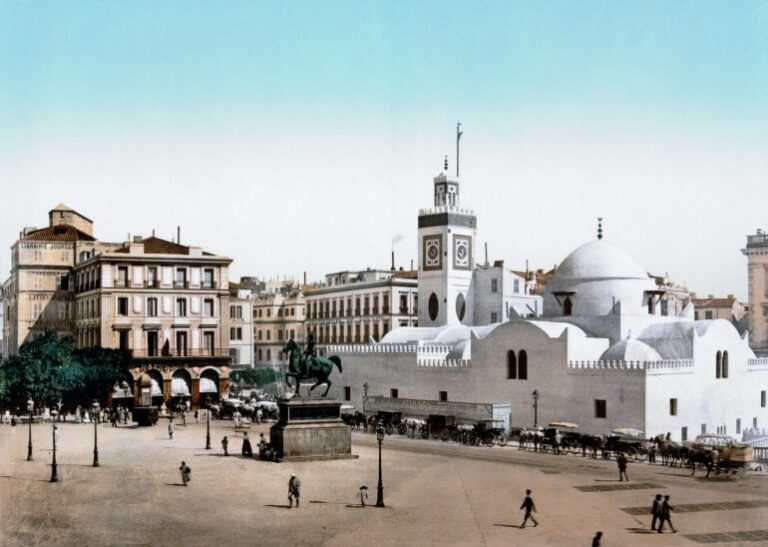
Claire Messud’s novel intimately considers the legacy and trauma of the pieds-noirs through the story of a family living in Marseilles, France in the 1980s and 1990s.
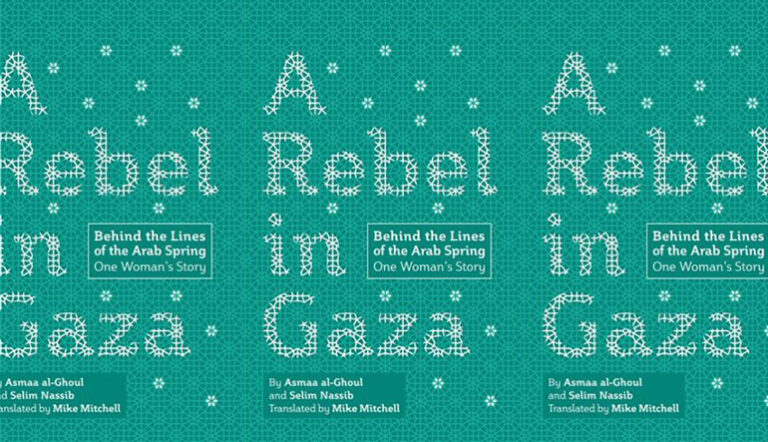
As a translator, I am often asked about contemporary Palestinian literature, and find myself, a liberal Jew from Israel currently living in the US, at an embarrassing loss. Recently, I found my foray into contemporary Palestinian writing.
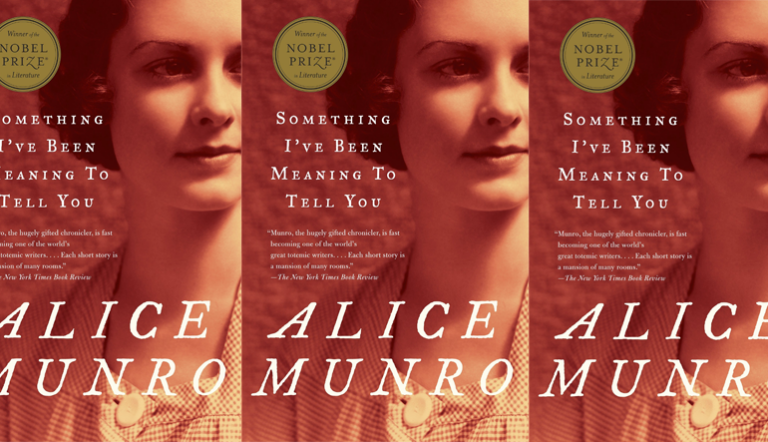
Munro raises questions about the relationship between two things that often coincide in writers: the first is a certain amount of self-indulgence and self-mythologizing; the second is the difficult work of putting aside the ego and observing the world.
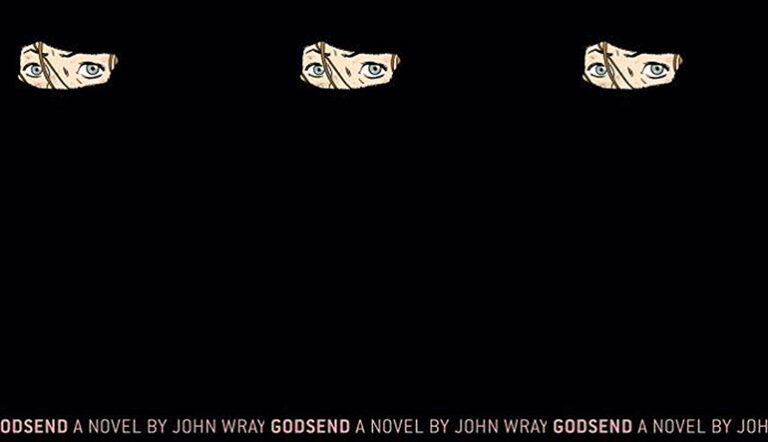
Aden Grace Sawyer, the young white American woman inspired by John Walker Lindh who leads John Wray’s latest novel, is on a mission from God.
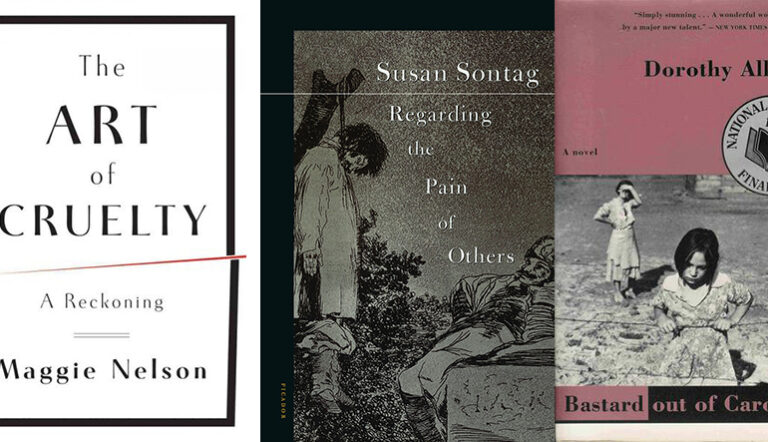
What do we learn from new depictions of brutalized bodies in literature?
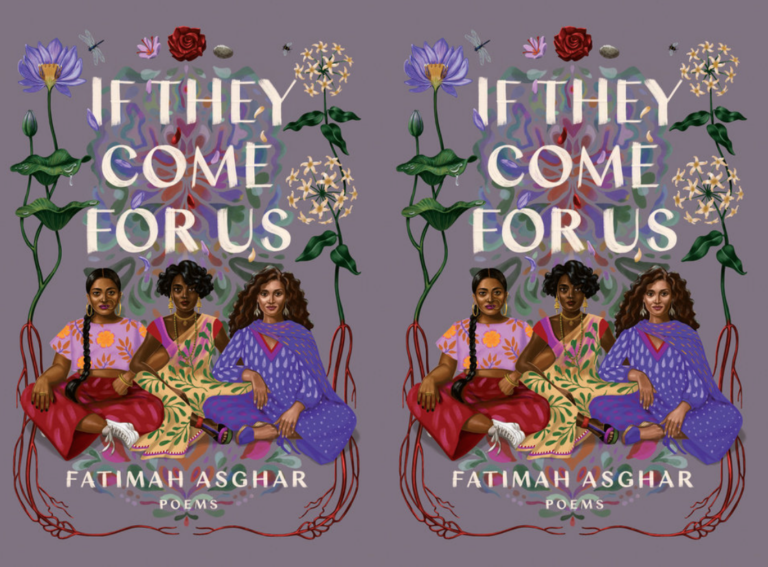
In Fatimah Asghar’s acclaimed 2018 debut, the past is the present is the future. History, particularly the traumatic history of diaspora, echoes deafeningly through the narrator’s present-day pain, joy, oppression, and affirmation.
No products in the cart.